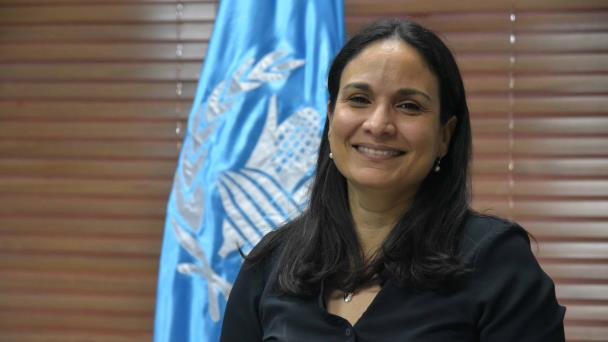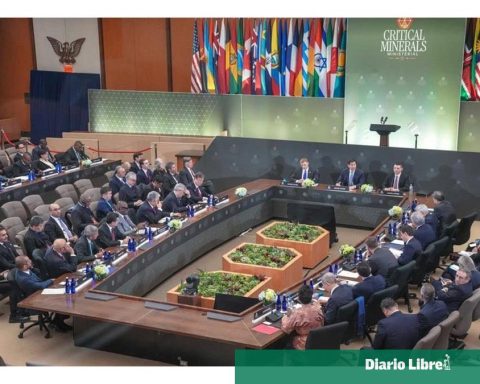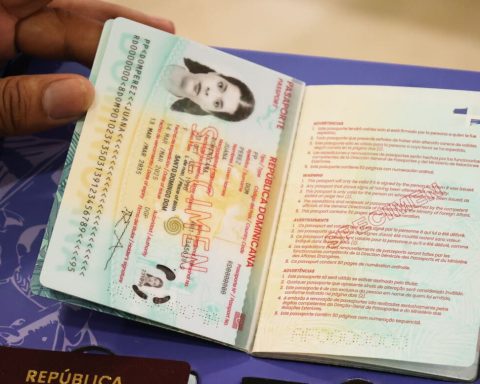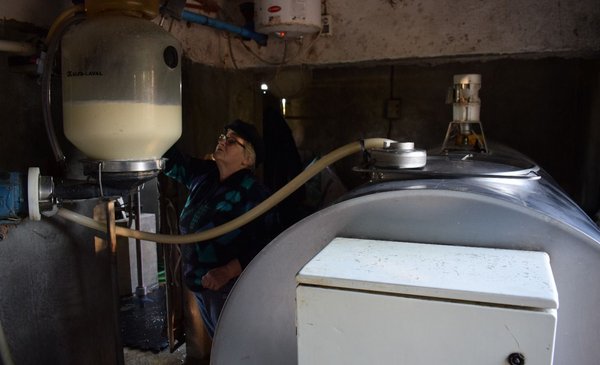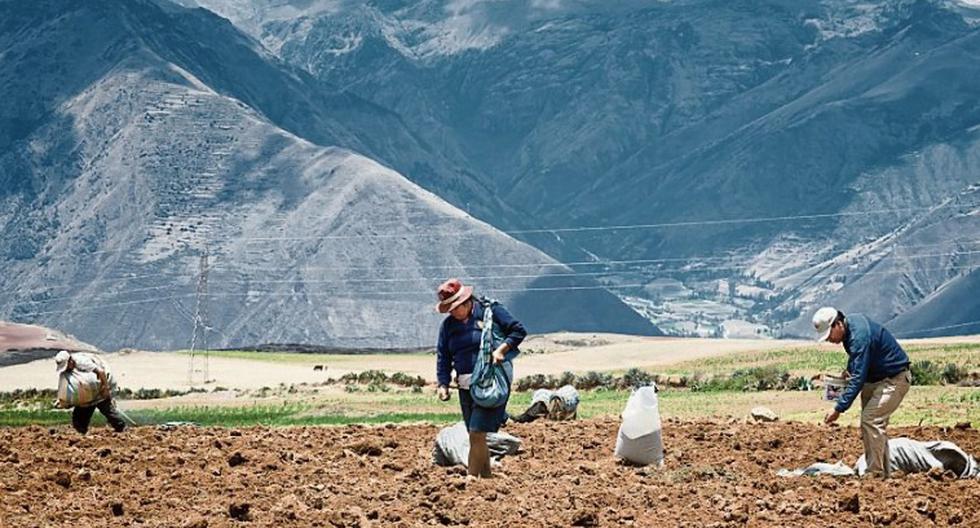The nutritional problems of the population cost, and are expensive, in addition to causing already vulnerable families to be in a worse situation, he warned Gabriella Alvaradodirector at Dominican Republic of the United Nations World Food Programbetter known in English by the acronym WFP.
Alvarado stressed that the international organization works with the Dominican governments to improve the nutritional situation and food security in the country, where hunger is not driven by conflict, as in other countries where the WFP, but yes because of inequality and sometimes because of natural disasters.
In his country report, the WFP cited the study carried out with the Government which revealed that one in three households cannot afford the diet required to meet the nutritional needs of an average family, so money is a major barrier to achieving food and nutrition security in the country.
“This vulnerability (of people) also has a negative impact on GDP growth, the economic development of the country and can make it difficult for a country, in the case of the Dominican Republic, to continue progressing,” he said.
Alvarado revealed that there are serious malnutrition problems in the country, especially on the border. “Yes, there is and it is quite serious and it is quite worrying. However, there is the other side of the coin that we are not only seeing that there is micronutrient deficiency or malnutrition for people who are underweight, but for people who are overweight and obese, ”he revealed.
A study calculated the cost of double nutritional load (destruction and in a single element overweight and obesity) in the Dominican Republic and this represented the 2.6% of gross domestic product (GDP)namely, 1,961.1 million dollars for 2017.
Malnutrition cost 499.7 million pesos and overweight and obesity RD$ 1,461.4 million. It was indicated that the future costs of the double burden will be attributable, mainly, to overweight and obesity because malnutrition has a sustained downward trend.
Strengthen food systems
Gabriela Alvarado pointed out that another topic with which the World Food Program is to help strengthen food systems that have been affected by the pandemic of COVID-19the situation in Ukraine and inflation.
Alvarado pointed out that the food system is complex and extends from production, food fortification, distribution and consumption. “It’s not just looking for ways for people to have access to food, but also for them to know what they have to do,” he clarified.
““It is not only to seek that people have access to food, but also that they know what they have to do.”WFP Representative in DR
He also spoke about the importance of people learning to read nutritional labels and knowing what they are consuming because, he stressed, eating is not synonymous with eating. “I think that is lacking a lot, not only in the Dominican, but in Latin America,” she considered.
Increased insecurity
He recounted that he World Food Program estimates that 9.7 million people in the 13 countries of the Latin American and Caribbean region where the international organization works are in food insecurity, this includes the Dominican Republic; but he warned that the number can reach 13.3 million if no action is taken.
“The situation is quite worrying and more, it is known that the islands are more vulnerable because more things are imported,” he said. In this regard, he valued the continuation of social programs in this situation, as well as its improvement.
Gabriela Alvarado highlighted the management that took place in the Dominican Republic during the critical point of the COVID-19 pandemic for the distribution of food to the most vulnerable people through social programs. “It’s a very positive case study,” she said. The World Food Program prepared a guide for food distribution in emergency situations as a way to support the Government’s efforts to guarantee the availability of food to the families most affected by the crisis. The guide allows an optimal organization of distributions, taking into account preventive measures to reduce the risks of contagion and safety during the implementation of food assistance actions.
Data to act
The representative of World Food Program He highlighted the economic growth and stability of the Dominican Republic for years that have allowed it to advance in nutritional issues such as the reduction of anemia in infants, but pointed out that there are still challenges to be addressed, such as updating the data to be able to face them.
“Impressive progress has been made, but what really worries us is, as I mentioned, the studies that have not been done for a long time and we do not know the impact that the COVID-19now inflation and Ukraine,” he said.
“What is not studied, what is not measured, it is difficult to see how to improve (…) There has been a lot of progress, but new challenges have also arisen,” said Alvarado.
